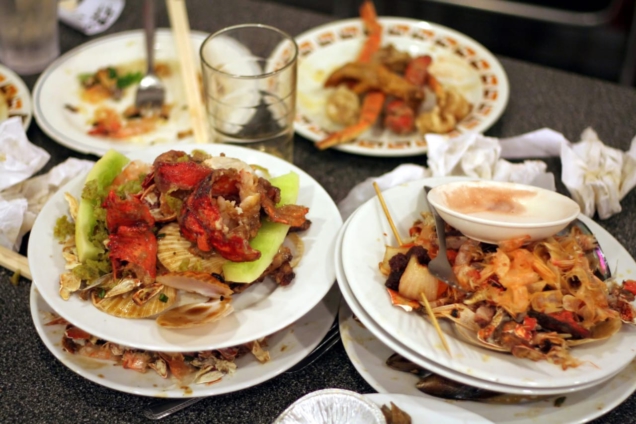Food is essential for human growth and development, yet many people around the world still lack reliable access to it.
According to the Food and Agriculture Organization (FAO) of the United Nations, an estimated 828 million people globally suffer from hunger.
In response to this challenge, the United Nations established Sustainable Development Goal 2 (SDG 2), which aims to end hunger, reduce food insecurity, and improve nutrition by 2030.
Despite these efforts, a new study by the Department of Agricultural Economics, Agribusiness, and Extension at the Kwame Nkrumah University of Science and Technology (KNUST) has found that restaurants in Kumasi waste approximately 320 metric tons of edible food each year, valued at over US$2 million.
The research, published in Elsevier, involved 120 restaurants and revealed that the main food waste management practices adopted include disposal, source reduction, and reuse—particularly through donations to livestock producers for animal feed.
The study, led by Dr. Seth Etuah, proposed several recommendations to reduce food waste. These include maintaining accurate records of daily food demand to minimize overproduction, encouraging customers to take home leftover food at a minimal fee, and investing in backup energy sources such as generators or solar panels to counter the effects of power outages on food storage.
READ ALSO:

